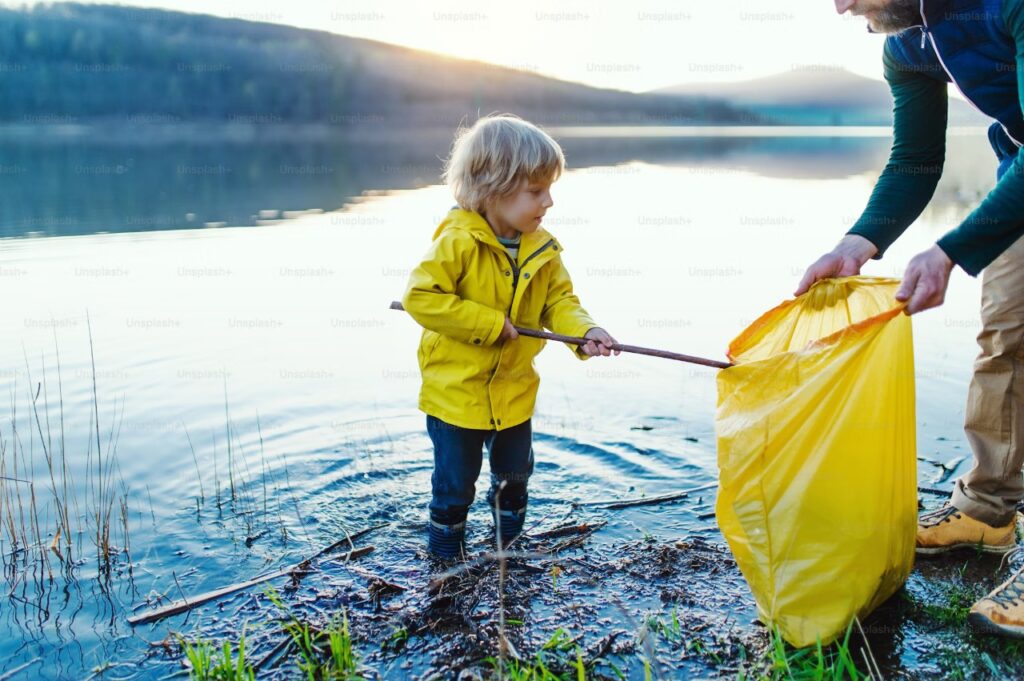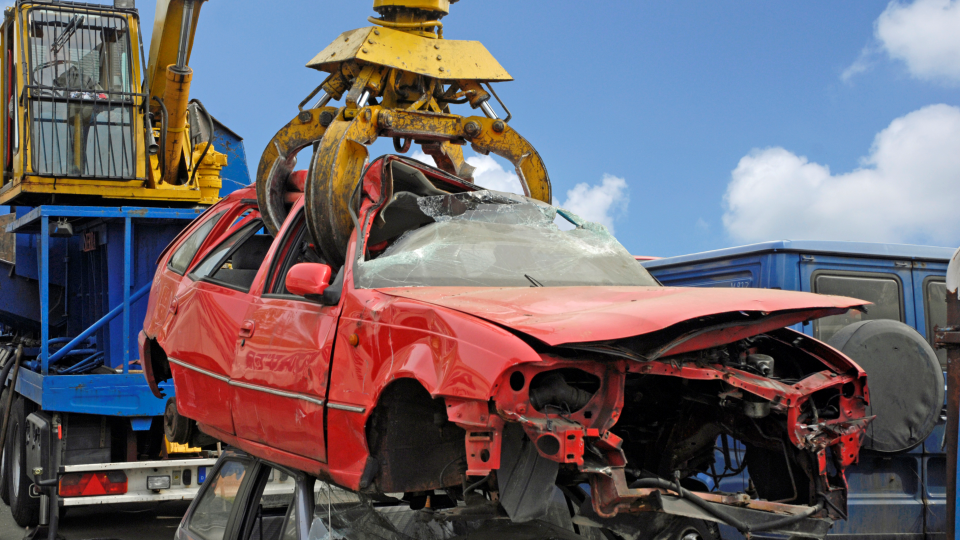Introduction:
The ocean, covering over 70% of our planet’s surface, is often referred to as the lifeblood of Earth. It plays a critical role in regulating our climate, supporting ecosystems, and providing livelihoods for millions of people. However, this vital resource is under siege due to ocean pollution. One of the most pressing concerns is ocean plastic waste, which devastates aquatic life and ecosystems.
Understanding Ocean Pollution
Ocean pollution encompasses various contaminants, including chemicals, oil spills, and heavy metals. However, plastic waste stands out as a primary contributor to marine debris. Each year, an estimated 8 million metric tons of plastic enter the oceans, making up a significant portion of the trash floating on the surface and lurking beneath.
The Scope of Plastic Waste in Oceans
Plastic pollution is pervasive, with over 150 million tons of plastic currently residing in the oceans, highlighting the alarming scale of the problem. Plastic waste can be found in even the most remote ocean parts, including the Arctic and the deep sea. The Great Pacific Garbage Patch, an enormous collection of marine debris, is a stark reminder of the impact of our consumption patterns.
The Effects of Plastic Pollution
The consequences of plastic pollution are terrible and complicated. Ocean life is at the forefront of these effects, facing multiple threats from plastic debris. Here is some information on how plastic pollution is impacting ocean life:
- Impact on Marine Life
Marine animals often mistake plastic for food. For example, Sea Turtles frequently ingest plastic bags, mistaking them for jellyfish. Fish and seabirds also fall victim to this dangerous misconception that leads to malnutrition, internal injuries, and even death. Furthermore, microplastics—tiny plastic particles less than 5mm in size—have infiltrated the food chain, posing risks to marine life and human health as these contaminants can ultimately end up in our diets.
Entanglement is another significant threat. Marine animals such as seals, dolphins, and birds can become trapped in discarded fishing gear and other debris, leading to injury or death. These incidents disrupt not only individual species but also entire ecosystems.
- Disruption of Ecosystems
Plastic pollution also alters entire ecosystems. Coral reefs, vital to marine biodiversity, can be severely affected by sedimentation due to plastic waste. Plastics can lead to a decline in coral health, further threatening the myriad of species that depend on these underwater structures for habitat.
Moreover, pollutants on the surface of plastics can leach into the water, introducing toxic substances that disrupt hormonal systems in marine organisms. This creates a cascading effect, impacting reproduction and survival rates across various species.
Ocean Conservation Efforts
The alarming sea pollution statistics have prompted calls for action, leading to various conservation efforts worldwide. Organizations, governments, and communities are working together to combat the effects of plastic waste and promote sustainable practices.
- Initiatives and Policies
Countless initiatives have been launched to address ocean pollution. Governments are beginning to implement policies restricting single-use plastics, promoting recycling, and encouraging using biodegradable materials. For instance, countries like France have enacted laws banning plastic bags and encouraging the development of sustainable alternatives.
Additionally, grassroots movements and non-profit organizations are playing a vital role in raising awareness about marine debris. Beach clean-up events and educational campaigns are instrumental in engaging communities and fostering a sense of responsibility toward ocean conservation.
- The Role of Education
Education is crucial in the fight against ocean pollution. Raising awareness about the impact of plastic waste can encourage individuals to make more sustainable choices. Schools, communities, and online platforms can provide vital information on reducing plastic consumption, reusing materials, and recycling responsibly.
Sustainable Waste Management
To combat ocean pollution, we must focus on sustainable waste management practices. This involves a holistic approach that includes reducing waste at the source, improving recycling systems, and developing alternatives to plastic.
- Reducing Waste at the Source
One of the most effective ways to combat ocean pollution is to reduce waste before it reaches the ocean. It requires a concerted effort from individuals, businesses, and governments. Reducing our reliance on single-use plastics, adopting zero-waste lifestyles, and supporting local initiatives aimed at waste reduction can collectively make a significant impact.
- Improving Recycling Systems
Recycling is paramount in minimizing waste, but current recycling systems often must catch up. Enhancing recycling infrastructure, increasing public awareness of recycling guidelines, and investing in advanced recycling technologies can improve the efficacy of these systems. Moreover, promoting circular economy principles—where materials are reused and recycled—can significantly reduce waste entering our oceans.
- Developing Alternatives
Innovation is essential in finding sustainable alternatives to plastic. Biodegradable materials, plant-based packaging, and reusable containers are just a few other alternatives that can lower our dependence on plastics. Supporting companies prioritizing sustainability and investing in research and development for new materials are essential steps toward mitigating ocean pollution.
The Collective Responsibility
The responsibility to protect our oceans is our duty. While government policies and corporate practices play significant roles, individual actions can collectively lead to substantial change. Here are some practical steps you can take:
- Reduce, Reuse, Recycle
Minimizing plastic consumption is essential to combat ocean pollution by consciously choosing products with minimal or no plastic packaging. Investing in high-quality reusable items, such as bags, bottles, and containers, can significantly reduce the reliance on single-use plastics. Additionally, comprehend and practice innovative recycling—by following local guidelines and properly cleaning recyclables. It ensures that materials are repurposed effectively, thereby decreasing the amount of waste in the oceans.
- Participate in Clean-Ups
Participating in local seaside or river clean-up events directly supports reducing ocean pollution while fostering community engagement. These events remove garbage from our waterways and raise awareness about the ongoing issues of plastic waste. Individuals can share experiences and inspire others to take action by joining or organizing clean-ups. It creates a more substantial collective commitment to protecting the environment.
- Educate Others
Education is a powerful tool in the fight against plastic pollution. Sharing knowledge about its impacts on marine life with friends and family can spark meaningful conversations and encourage sustainable practices. Using social media platforms to convey information and engage a broader audience amplifies the message. It also fosters a culture of awareness and proactive change within your community.
- Support Legislation
Advocating for policies that reduce plastic waste is required for long-term change. Stay informed about local and national initiatives to address plastic pollution. Engage with representatives to express support for effective legislation, such as bans on single-use plastics. Joining environmental organizations focused on advocacy can strengthen collective efforts. It makes your voice part of a more significant movement for systemic change that prioritizes the health of our oceans.
- Make Sustainable Choices
Every purchase we make has the potential to support sustainability. Choose products from companies that prioritize eco-friendly practices, such as using sustainable materials and exploring alternative products—like biodegradable packaging and reusable items. It ensures that our choices contribute to a healthier planet, showcasing how individual actions can collectively lead to significant improvements in environmental conservation.
Conclusion
Ocean pollution, particularly from plastic waste, is a pressing issue that demands immediate attention and collective action. The effects on marine life, ecosystems, and human health are too severe to ignore. By adopting sustainable waste management practices, advocating for ocean conservation, and taking individual responsibility, we can all contribute to a healthier ocean. Our joint efforts can ensure that future generations inherit a vibrant and prosperous marine environment free from the dangers of plastic pollution. The time to act is now—let’s work together to protect our oceans before it’s too late.





